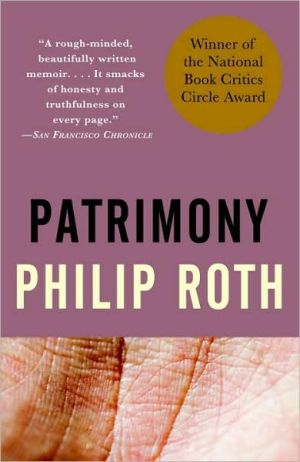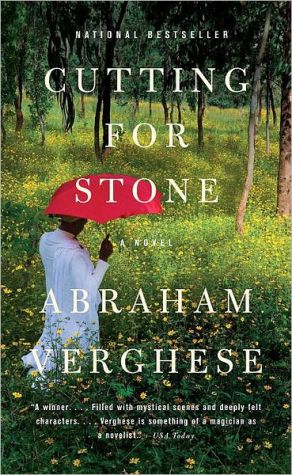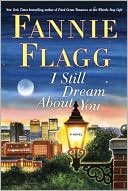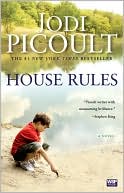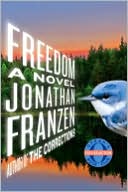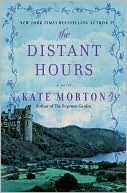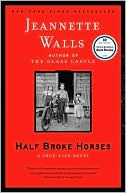Patrimony: A True Story
Patrimony, a true story, touches the emotions as strongly as anything Philip Roth has ever written. Roth watches as his eighty-six-year-old father—famous for his vigor, charm, and his repertoire of Newark recollections—battles with the brain tumor that will kill him. The son, full of love, anxiety, and dread, accompanies his father through each fearful stage of his final ordeal, and, as he does so, discloses the survivalist tenacity that has distinguished his father's long, stubborn...
Search in google:
Patrimony, a true story, touches the emotions as strongly as anything Philip Roth has ever written. Roth watches as his eighty-six-year-old father—famous for his vigor, charm, and his repertoire of Newark recollections—battles with the brain tumor that will kill him. The son, full of love, anxiety, and dread, accompanies his father through each fearful stage of his final ordeal, and, as he does so, discloses the survivalist tenacity that has distinguished his father's long, stubborn engagement with life.Publishers WeeklyAlter ego Nathan Zuckerman doesn't appear in these pages, and neither is there any sleight of hand blurring the line between literature and life. Instead, here is Roth (NBCC Award-winning The Counterlife ) at his most humane as he pens a kaddish to his recently deceased father, Herman. A vigorous 86-year-old, Roth pere wakes up one morning and half his face is paralyzed; soon he is deaf in one ear and the verdict is a benign brain tumor. Surgery is ruled out for the octogenarian, and the author is a helpless, horrified witness to his father's humiliating demise, ``utterly isolated within a body that had become a terrifying escape-proof enclosure, the holding pen in a slaughterhouse.'' In a fast-paced, cogent memoir, Roth, whose filial devotion and awe are tempered with clear-eyed observational powers, ranges far afield and discusses the anti-Semitism of the insurance firm that employed Herman Roth for 40 years; Herman's perfectionism and his latter-day disregard for his wife whom he nevertheless elevated to quasi-sainthood after death; Herman's abandonment of his phylacteries in a locker at the local YMHA; the author's quintuple bypass surgery weeks before his father's death; and Herman's incontinence and the ample size of his genitals. BOMC alternate. (Feb.)
\ Publishers Weekly - Publisher's Weekly\ Alter ego Nathan Zuckerman doesn't appear in these pages, and neither is there any sleight of hand blurring the line between literature and life. Instead, here is Roth (NBCC Award-winning The Counterlife ) at his most humane as he pens a kaddish to his recently deceased father, Herman. A vigorous 86-year-old, Roth pere wakes up one morning and half his face is paralyzed; soon he is deaf in one ear and the verdict is a benign brain tumor. Surgery is ruled out for the octogenarian, and the author is a helpless, horrified witness to his father's humiliating demise, ``utterly isolated within a body that had become a terrifying escape-proof enclosure, the holding pen in a slaughterhouse.'' In a fast-paced, cogent memoir, Roth, whose filial devotion and awe are tempered with clear-eyed observational powers, ranges far afield and discusses the anti-Semitism of the insurance firm that employed Herman Roth for 40 years; Herman's perfectionism and his latter-day disregard for his wife whom he nevertheless elevated to quasi-sainthood after death; Herman's abandonment of his phylacteries in a locker at the local YMHA; the author's quintuple bypass surgery weeks before his father's death; and Herman's incontinence and the ample size of his genitals. BOMC alternate. (Feb.)\ \ \ \ \ Library JournalRoth renders his 86-year-old father's final illness in clinical detail muted with compassion and humor. He examines his role as a son faced with unspeakably difficult choices who ultimately becomes aware of the importance of memory and connectedness to one's forebears even (or especially) in such a wrenching situation. He does not idealize the patriarchal figure, but rather comes to accept him as a flawed and genuine person. In discussing spiritual aspects in light of corporeal limitations, Roth enters scarcely charted waters such as the sexuality and day-to-day needs of the elderly. His skill as a novelist comes forth in the dialog and description. Recommended for public and academic libraries.-- Janice Braun, Medical Historical Lib., Yale Univ.\ \
